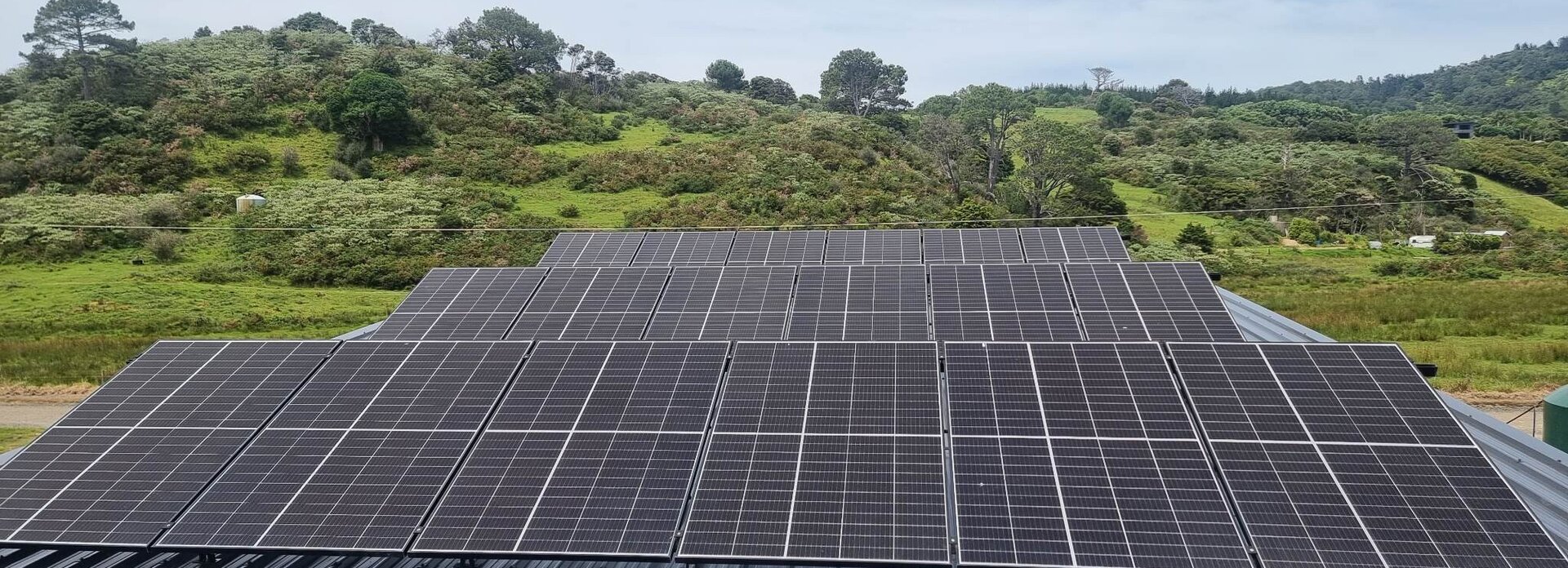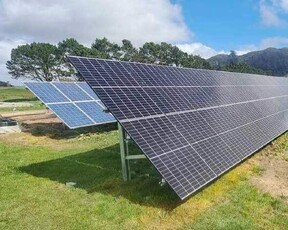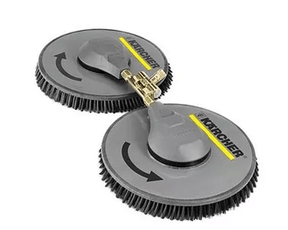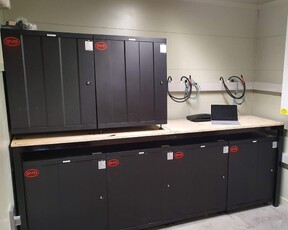Solar Power
The sun is an indispensable source of energy, one that can be easily harnessed to power your home, office or commercial building. Solar power enables you to take control of your power bills, maintain independence from fluctuating electricity prices, and live and work in a more environmentally friendly way.
The time for solar is now. As power prices continue to track upwards and the initial upfront cost of solar is steadily decreasing, installing Solar PV will make an immediate and noticeable impact on your monthly power bill. It takes an average of only seven to ten years to make back upfront costs with electricity savings. And by slightly altering energy usage habits, by setting appliances to run during daytime hours for example, the payback period can decrease even further. With an impressive output warranty of 25 years, installing a solar array is truly an investment in your future and furthermore will enhance the resale value of your home.
What we offer
Why Go Solar?
Save on electricity bills

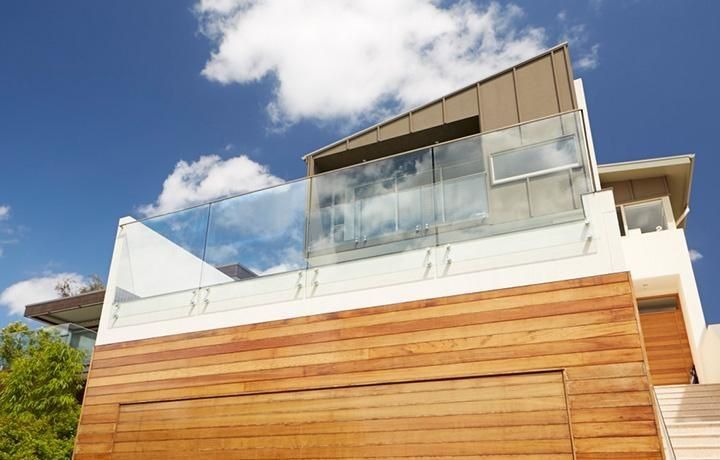
Increase property value
Reduce your carbon footprint

What Makes Up A Solar System?
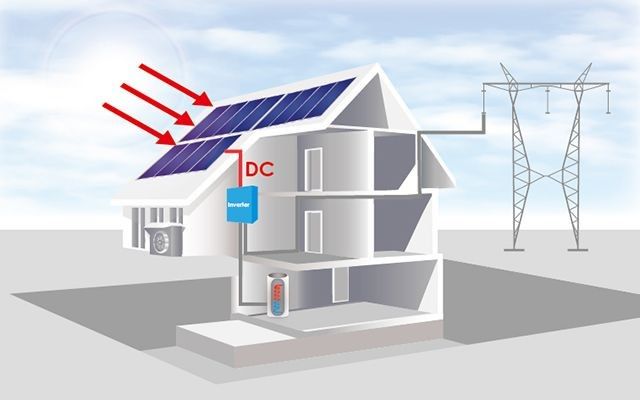
Solar Panels
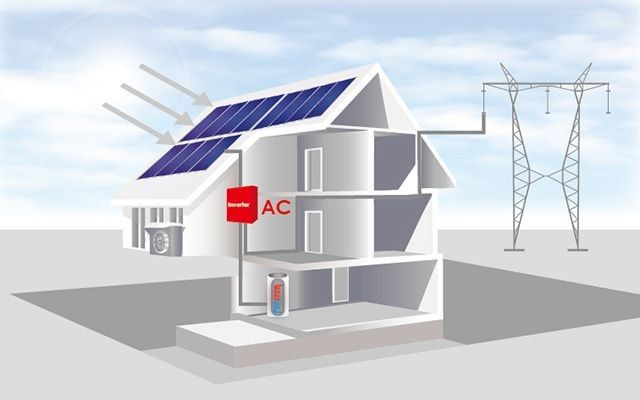
Solar Inverters
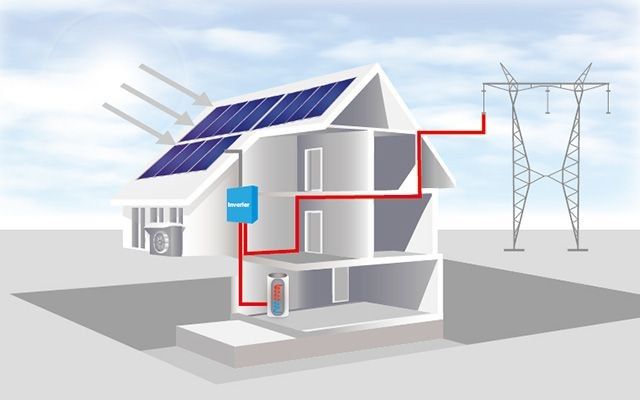
Batteries
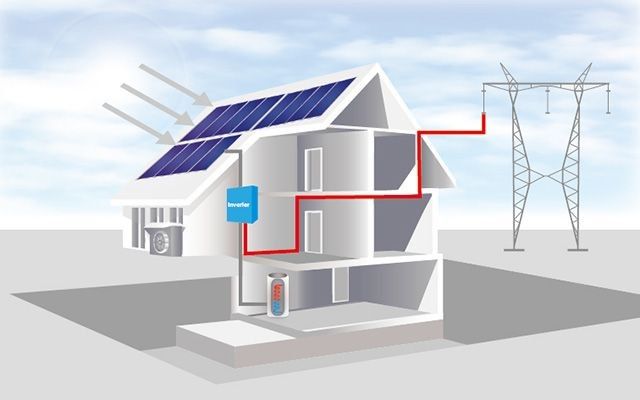
Additional Power
Economic benefits of solar power
By slightly altering your usage behaviour, by setting appliance timers to run during the day for example, your daytime base load will increase. This increase in self-consumption results in fewer units of electricity being purchased from the grid and significantly decreases your energy bill. If sized correctly your system can allow you to become virtually self-sufficient!
